Research interests
Resources
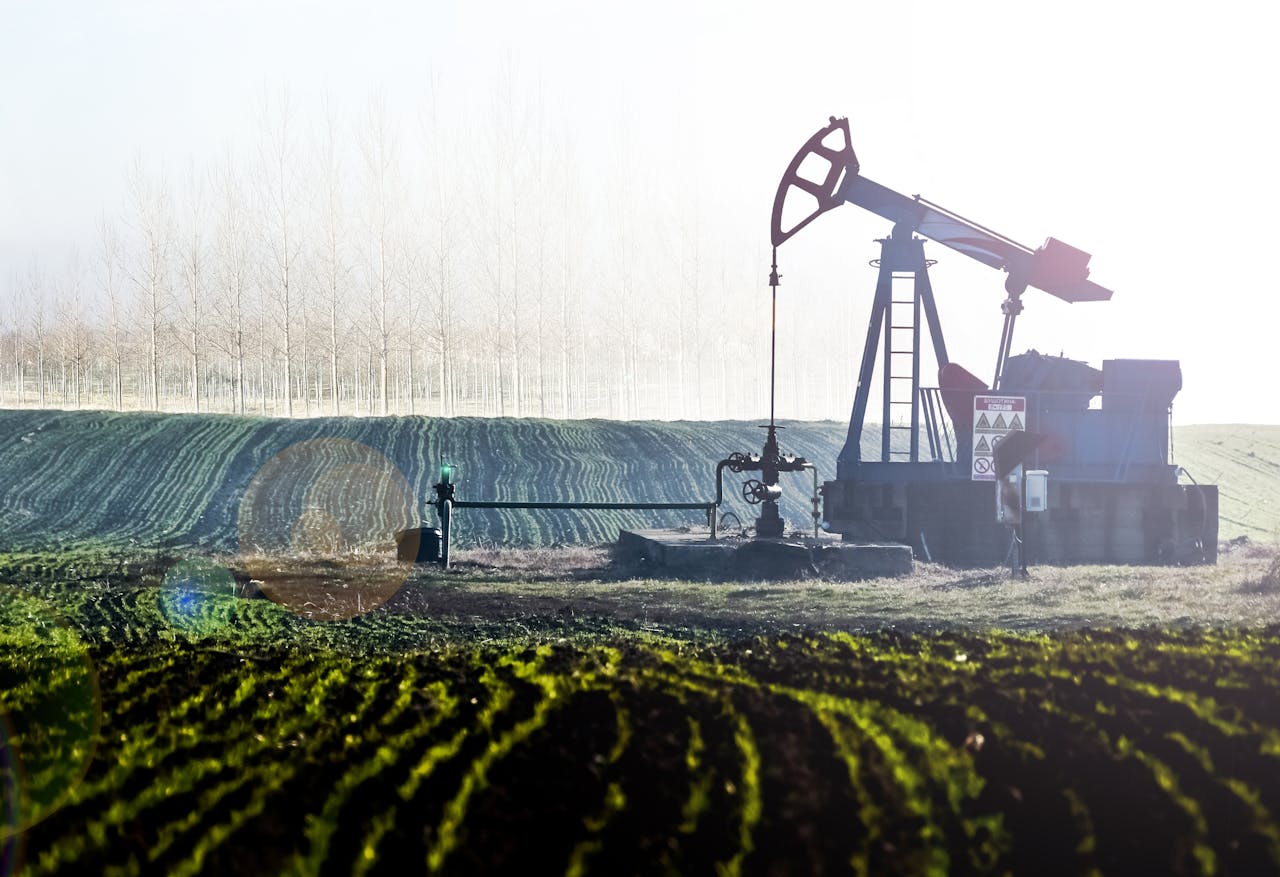
The evaluation of environmental impacts due to resource depletion is crucial in assessing the overall environmental footprint of products. Our research is dedicated to identifying and quantifying the environmental impacts associated with the extraction and processing of raw materials that are either absent from existing databases or require enhancement in current datasets.
Energy
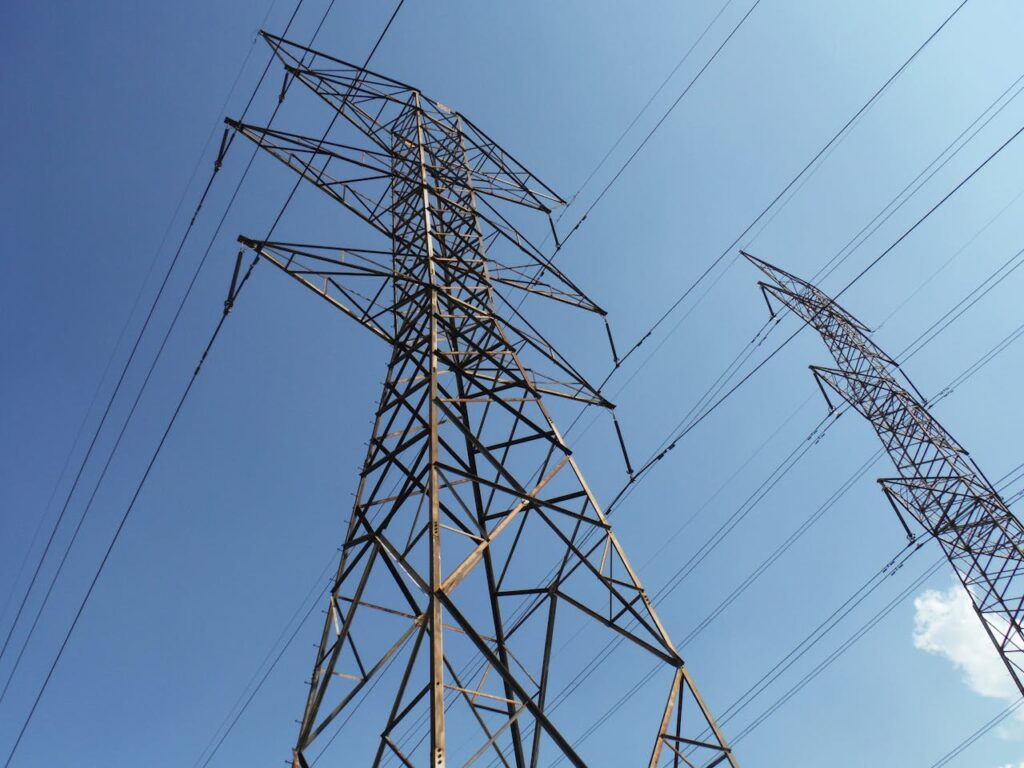
Energy consumption plays a pivotal role in evaluating the environmental impacts of products and processes. Our research group focuses on assessing the environmental impacts associated with various energy mixes, encompassing both renewable and non-renewable sources. Recently, our studies have concentrated on determining the environmental impacts associated with the life cycle of biomethane, including its production, purification, and utilization in diverse industrial applications.
Industrial products
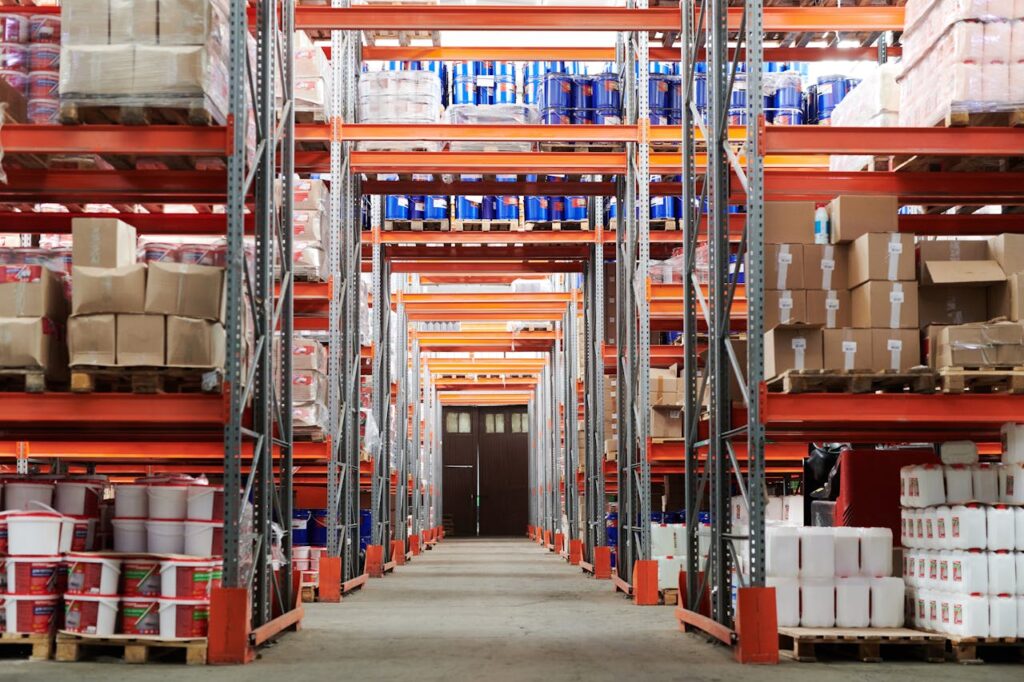
Our group has extensive experience with LCA of a diverse array of industrial products, including: automotive components, appliances, industrial machines, chemical products, plastics, ceramics, nanomaterials, insulating materials, various types of packaging, additive manufacturing products, and apparel.
Chemical production

The existing databases are limited to a relatively small number of chemical products, which can lead to inaccuracies in various LCA studies. Our research focuses on the LCA of synthesis routes for various organic and inorganic molecules that are not included in the ecoinvent database. These routes are based on reliable synthetic methods referenced in the literature, as well as industrial-scale simulations of reported laboratory-scale syntheses. The products we study include building blocks, pigments, colorants, nanomaterials, and 2D materials such as MXenes. Additionally, our work also focuses on the LCA of converting CO₂ into value-added products at an industrial scale and the LCA of hydrogen production via diverse technologies.
Food and agriculture
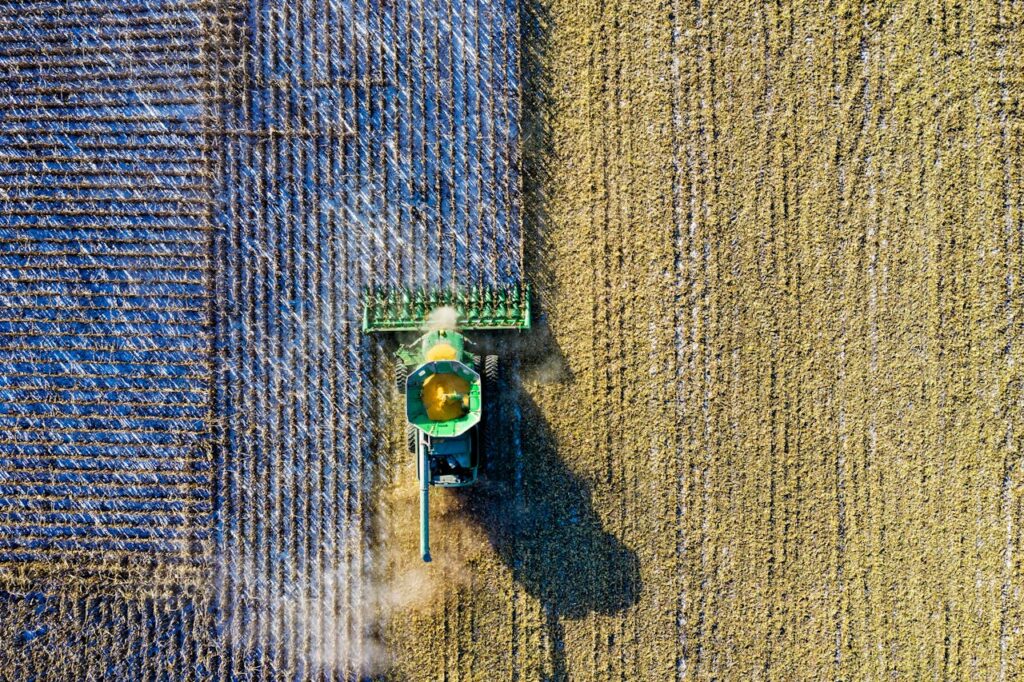
Our research emphasizes the LCA of agri-food products, encompassing the assessment of environmental impacts arising from cultivation, livestock farming, and the food supply chain. Our investigations include the LCA of vineyards, different oils, fruits, pasta, coffee, cereals, and various beverages. Additionally, our research extends to examining land use, soil fertility, and organic carbon content in agricultural soils.
Transport and mobility
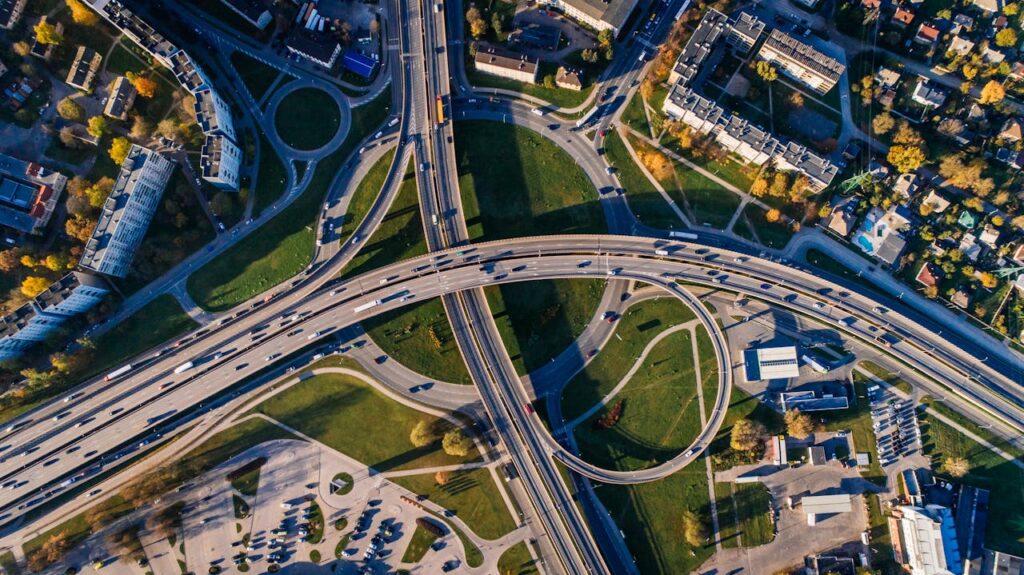
Our research encompasses the LCA of urban and extra-urban traffic. This includes the calculation of environmental impacts resulting from public and private transportation within urban centres and extra-urban areas, considering variations on working days and holidays due to the diverse activities of citizens.
Building sector
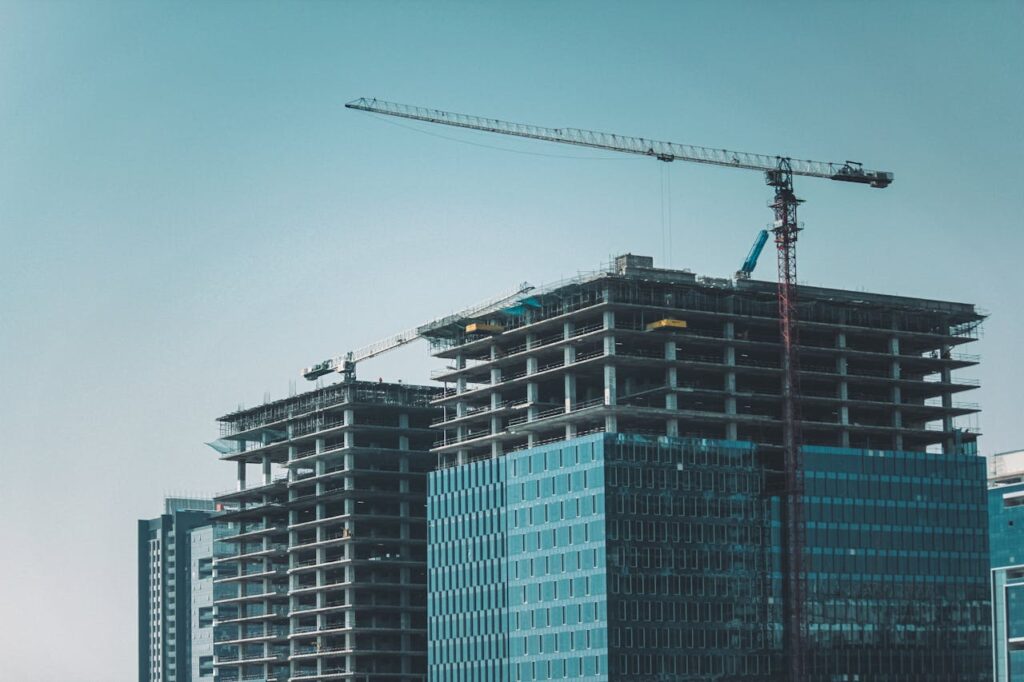
Our group possesses extensive expertise in the LCA of buildings, encompassing both newly constructed and renovated structures. Our current research is particularly focused on the sustainable restoration of buildings, addressing one of the most formidable challenges within the cultural heritage sector. Additionally, our research focuses on informing decision-making for more sustainable building materials using LCA methodology.
Waste treatment
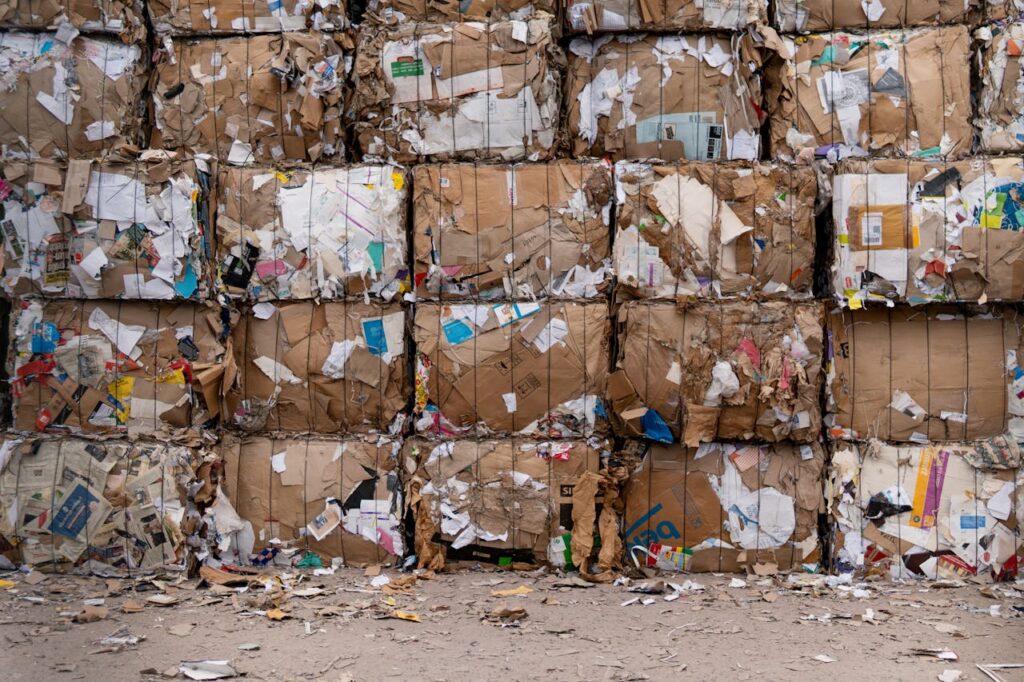
Our group also specializes in determining the environmental impacts associated with various waste disposal scenarios, including landfills, incinerators with and without energy recovery, composting facilities, mechanical and biological treatment plants, and recycling centres. The recycling processes we have assessed using the LCA methodology encompass the recycling of steel, plastics, various construction materials, the recovery of precious metals from e-waste and the thermal treatment of rock wool.
Systems

Our research encompasses the environmental impact analysis associated with the development models of various complex systems. These include a country or any type of community (district, municipality, region), ecological systems (rivers, lakes, agricultural areas, mountain areas, parks), and services (schools, hospitals, laboratories, hotels, community centers, cinemas, theaters, cafeterias, cultural events).
In all LCA studies, both the internal costs of the analyzed processes, products, and services and the external costs required to mitigate the impacts they cause are calculated. Additionally, the social, cultural, and historical benefits resulting from their use are evaluated.
For each LCA study, equations can be created to calculate the impacts caused by predefined variables, without using the calculation code.

